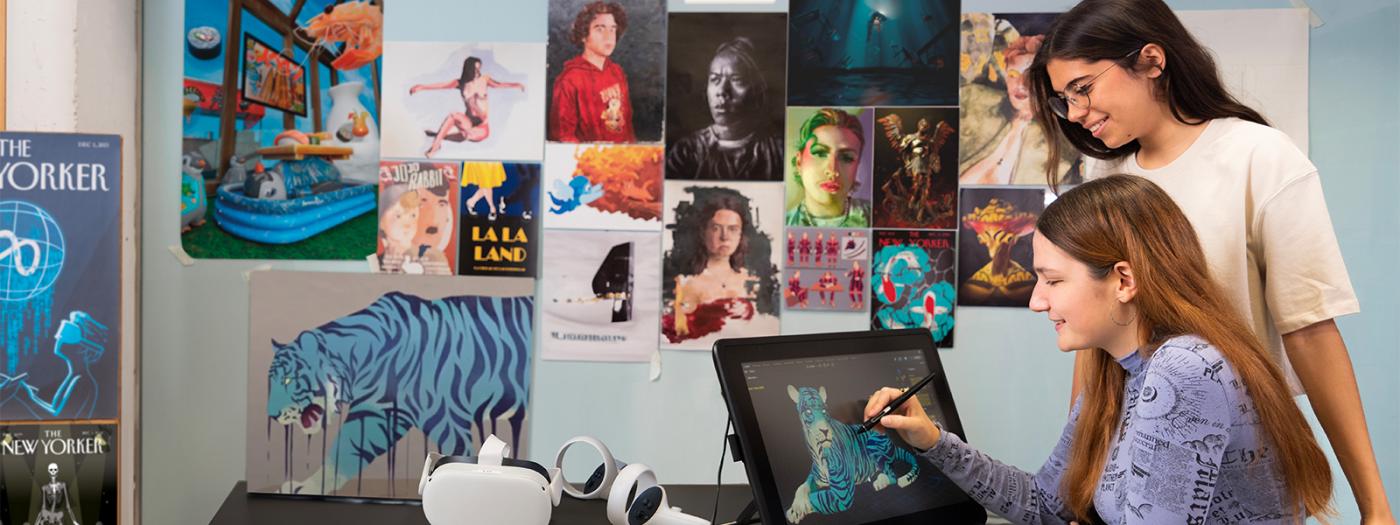The Learning objectives of this subject are:
Ability to define basic concepts.
Have the ability to organize human teams and solve relationship problems.
Implement projects based on a new form of sustainability and perspectives.
1. The society
2. The organizations
3. Challenges of our society
4. Towards a new individual, a new society
Thought and Creativity 3 will combine lectures with the analysis of materials and lessons on contemporary challenges.
The theory that is covered will be linked to open debates on contemporary society, and students personal experiences.
Discussion, collaborative work and group reflection will be encouraged to consider together the issues covered in class.
The subject Thought and Creativity will follow a continuous evaluation:
Exams: 45% of the mark (face-to-face exams)
Exercises: 40% of the mark (oral presentations, writing activities via eStudy)
Attendance, attitude and participation: 15% of the mark
BAUMAN, Zygmunt. Liquid modernity. New Jersey: Backwell Publhishers, 2000
BERGER, Peter. Invitation to sociology. New York City: Doubleday, 1963.
GIDDENS, Anthony, SUTTON, Philip. Essential concepts in sociology. Cambridge: Polity Press, 2014
HARARI, Yuval-Noah. 21 lessons for the 21st Century. London: Random House UK, 2019.
KANT, Immanuel. An answer to the question: What is Enlightenment? London: Penguin, 2009.
LIPOVETSKY, Giles. Lère du vide (English and French Edition). Paris: Gallimard, 1989.
